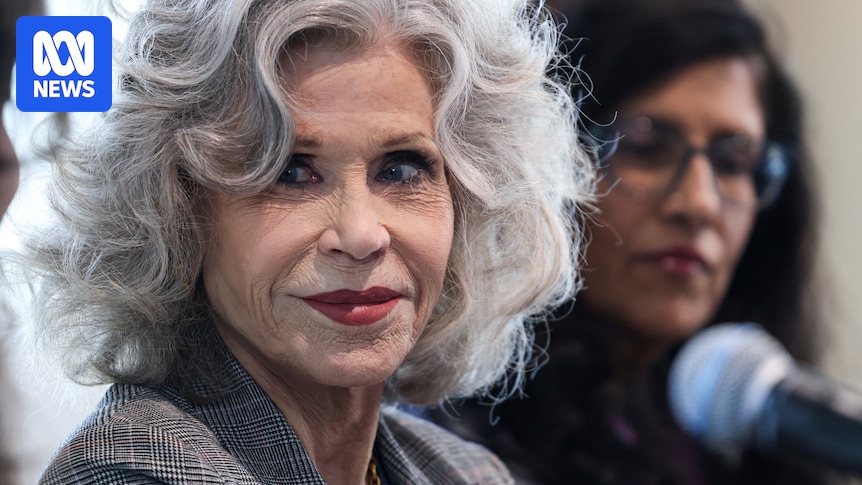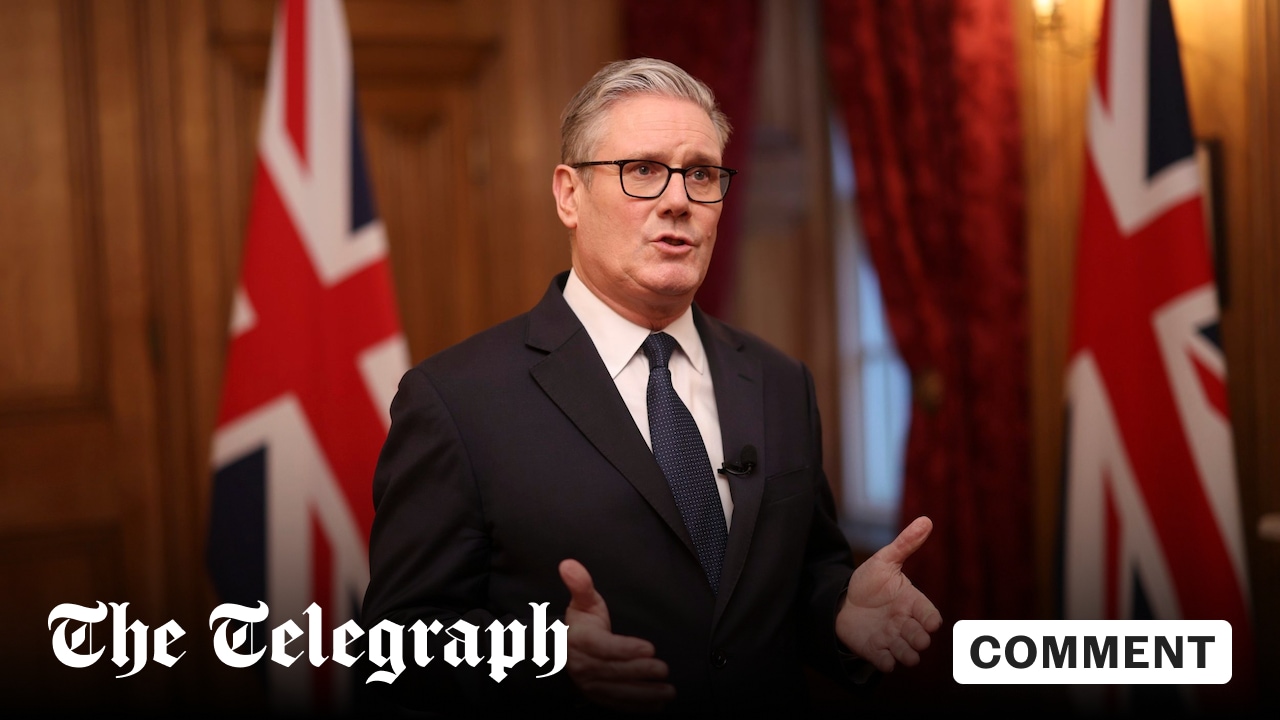
Jane Fonda is spearheading a revival of the Committee for the First Amendment, joining forces with over 500 celebrities and Hollywood heavyweights to champion free speech. This initiative, announced on October 1, 2025, includes notable names such as Jamie Lee Curtis, Viola Davis, Whoopi Goldberg, Pedro Pascal, Natalie Portman, and Michael Keaton. Directors like Spike Lee and Ben Stiller, along with singer and actress Barbra Streisand and pop star Billie Eilish, have also signed on.
Fonda, a long-time advocate for progressive causes, emphasized that this effort is not entirely new. It marks the relaunch of a group her father, actor Henry Fonda, was part of in the late 1940s. The original Committee for the First Amendment was founded in October 1947, during a period when the U.S. government was concerned about communist influences in Hollywood.
The Historical Context of Hollywood’s Anti-Communist Era
The original Committee for the First Amendment emerged during a tumultuous time for Hollywood. In 1947, the House Un-American Activities Committee (HUAC) conducted highly publicized hearings into what it claimed was the “communist infiltration of the motion picture industry.” These hearings divided Hollywood, with HUAC inviting 23 “friendly” anti-communist witnesses to testify.
Among those who testified was Ayn Rand, a Russian-born novelist and screenwriter, who criticized films like “Song of Russia” for allegedly presenting a sanitized version of life in the USSR. Even the beloved classic “It’s a Wonderful Life” came under scrutiny, with the FBI claiming it maligned the upper classes.
The Hollywood 10 and the Fight for Free Speech
The HUAC hearings were a spectacle, drawing Hollywood stars and the national press to Capitol Hill. Friendly witnesses, like Gary Cooper, were allowed to deliver prepared statements, while the “unfriendly” witnesses, known as the “Hollywood 10,” faced aggressive questioning. Screenwriter John Howard Lawson, one of the Hollywood 10, was notably shouted down by HUAC chair Rep. J. Parnell Thomas when he refused to answer questions about his political affiliations.
Recognizing these hearings as an attack on First Amendment rights, prominent Hollywood liberals, including Ira Gershwin, organized the Committee for the First Amendment. The group quickly raised funds and traveled to Washington to support the Hollywood 10, even producing a radio broadcast titled “Hollywood Fights Back.”
The Blacklist Era and Its Aftermath
The Committee for the First Amendment, despite its initial momentum, quickly lost steam. Humphrey Bogart, one of its most famous members, retracted his support for the Hollywood 10 in 1948, stating, “I’m no Communist.” Two significant developments undermined the committee’s efforts: the Hollywood 10 were cited for contempt of Congress and later imprisoned, and studio executives implemented the “Waldorf Declaration,” effectively blacklisting the Hollywood 10 and others suspected of communist ties.
This blacklist era saw hundreds of industry professionals purged from Hollywood. The committee’s failure to protect the Hollywood 10 or prevent the broader blacklist underscored the challenges of defending free speech in a climate of fear and repression.
Lessons from the Past and Present Parallels
Despite its historical failure, the revival of the Committee for the First Amendment highlights ongoing concerns about free speech. The Trump administration’s attempts to silence critics, such as temporarily pulling comedian Jimmy Kimmel off the air, echo past efforts to suppress dissenting voices. Additionally, recent labor organizing in Hollywood, including the screenwriters and actors strikes of 2023, underscores the industry’s continued struggle for workers’ rights.
“An October 2025 Marist poll found that 4 in 5 Americans think the US is restricting First Amendment freedoms too much.”
These parallels suggest that the fight for free speech remains relevant. Many Americans continue to debate the rightness of the HUAC hearings and the subsequent blacklist, with some viewing them as a necessary defense against communism, while others see them as a grave injustice.
Resilience and Creative Resistance
The blacklist era is often seen as a time of capitulation, but many progressive filmmakers found ways to resist creatively. Films like “The Pajama Game,” with its themes of labor struggle and solidarity, exemplify how filmmakers used allegory to convey progressive messages despite censorship.
Jane Fonda’s revival of the Committee for the First Amendment serves as a reminder of the dangers of silencing artists. As actress Katharine Hepburn once said in a speech written by Dalton Trumbo, one of the Hollywood 10, “Silence the artist, and you silence the most articulate voice the people have.” This renewed effort underscores the enduring importance of defending free speech and cultural expression.







